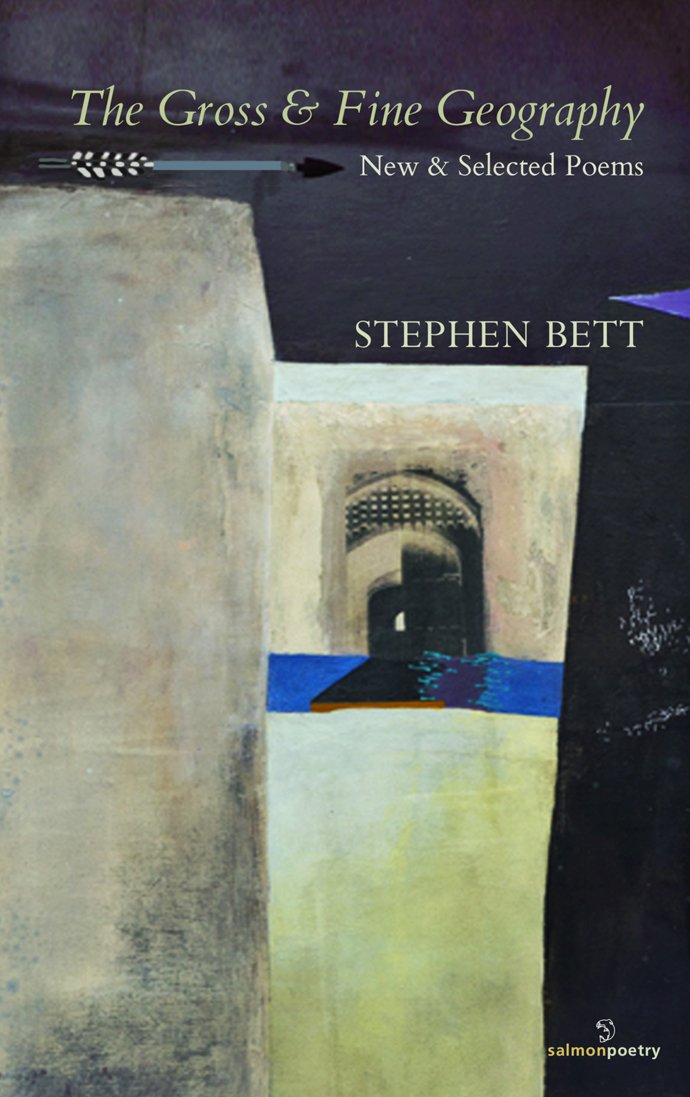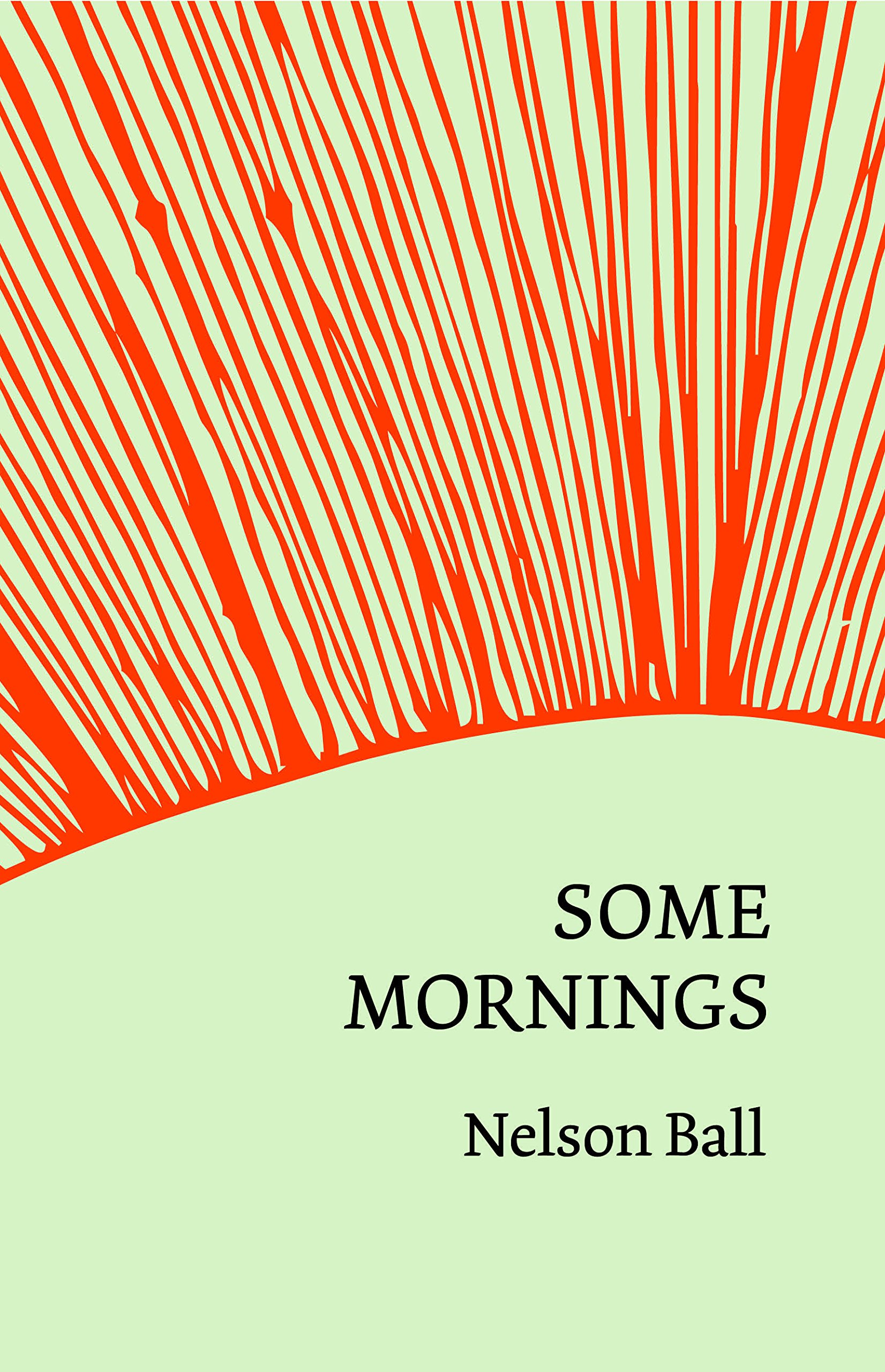Today's book of poetry:
Thrillows & Despairos. Chris Chamber. A Buckrider Book, Wolsak & Wynn. Hamilton, Ontario. 2015.
Reading Chris Chambers Thrillows & Despairos reminds me of how much I love Toronto. Today's book of poetry lived in Scarborough for about ten minutes when I was very young. Back in the late 70's Today's book of poetry lived in Oakville, Port Credit and finally Etobicoke, 2 Royal York Road. Our apartment was right on Lake Ontario and we faced the water, I was living with a woman named Blanche Dubois at the time.
Toronto was the BIG SMOKE to me and when I met up with my poet friends it felt electric to be attached to something so big. The poets I knew then are not names that you would know, but I did meet the iconic Stuart Ross back then, sandwich boards and all.
All of that to say that Chambers' 'Kieslowski's Toronto' had me shouting loud enough to cause a stir here in the office. The beautiful trick is that Chambers makes the city he loves universal.
May 1st
The night after chicken korma and aloo gobi
at the Red Rose, I was informed my stomach
made noises never before heard. "Incomprehensible
to some," I trilled, "last night I was dreaming in Hindi!"
And the thrillows sang on behind the blinds.
"Are those sparrows, Bird Poet?" I was asked.
"Despairos?" I said,
"Why despairo?
Those are young enthusiastic children
of jaded homebody parents."
They were not the nagging jay who joined us last week:
so handsome and angry and mean,
his voice a fork on a plate, the screech of a taxi brake.
My second sighting he buzzed an old sleep-drunk squirrel
clambering down the trunk of the maple out front.
Welcome back forsythia -- welcome thrillows and
despairos, pigeons, wood doves, squeaky bikes,
bikes whose seats need raising. Welcome crowded bike posts:
now we'll lock a block away.
Welcome needy grass, magnolia litter.
Welcome squirrels. Welcome jay.
...
Today's book of poetry is big on joy and Thrillows & Despairos offers us up more than the usual helping. These poems are as easy to put on as flannel pajamas and often just as comforting.
If you get the lucky chance to read Chris Chambers' Thrillows & Despairos you'll see immediately both the quiet charm and resolute heart in these poems. There's no warm-up period, just like in Chambers excellent Lake Where No One Swims (Pedlar Press, 1999), you get to dive in because it is so welcoming, the poetry, not the lake. Chambers welcomes the reader with witty reason, common sense disguised in poem.
Chambers opens the door wide with his easily accessible and entirely charming style, he does this so you'll be paying close attention when he drops a bombshell on you.
Ventilator
20th Century driving home drunk from your dead-end job to your
dead-end house
hitting SEEK under mauve chemical skies while the Fanta sun sinks
behind pre-sold pre-sod Major Mack subdivisions.
20th Century your lawns are tan, thirsting for rain, and there's nothing
on television.
20th Century all your melodies were written 28 years ago, your songs
are anemic,
thirsting for rain, they bring only pain with each tired refrain.
20th Century your wife left you long before you even met her -- she was gone,
and you have taken it out on every woman ever since.
Will you make it in to work tomorrow with your bloodshot eyes and your
Advil buzz?
Will anyone notice? Will they get on better without you?
"Whatcha gonna do about it? Whatcha gon uh DO?"
Now you are naked on the Internet, you have waited 40 minutes just to see
yourself flesh out -- but it is not your body and it's not your face either.
Tomorrow you will wear yesterday's socks. You're all talk, 20th Century,
foxing nobody.
You are "dreaming you are the pure products of America
going crazy." Look at yourself. "Stretched out
in room ten oh nine with a smile on your face and tarot in your eyes."
Y'are a terrified 36-year-old tired beyond the twilight of youth and any cliche.
20th Century, your heart is fluttering like the wings of a small bird,
your heart is racing like the heart of a small bird, while you cling
to your nest; to a torn and frayed dream of nostalgia --
You Are Poetry, 20th Century?
Lead foot on accelerator
breathing oxygen through a ventilator suit --
looking down from the moon -- waning 20th Century -- our one
lonesome moon,
did you really think fashion was just perspective?
That all you learned from technology has taught you nothing, albeit painstakingly;
has restricted the circulation of blood to the heart, actually?
What exactly do you see from up there, 20th Century?
Do you expect us to believe you will ever return;
that your soul might survive and your bones not cinder up
on re-entry;
that you might walk down the streets of your hometown an exile
in the pale green light breathing etherized pale green air?
Have you had one original thought in your life, 20th Century? One?
You are a footnote.
Y'are a three-line item buried deep in the library's sub-basement:
"Your face swollen like a purple cabbage: 'Oh I had a bad fall.'
What kind of staircase could do that?
Tell us whose fist it was, Twentieth Century, don't lie to us."
...
Today's book of poetry comes away from Chris Chambers' Thrillows & Despairos with nothing but admiration. It's full to bursting with "I should have thought of that" moments. This is a book you'll want to buy multiple copies of because you will want to put it into as many hands as possible. This is poetry that will change minds -- you know the type who always says "I don't get poetry." They will not only "get" Chambers but Today's book of poetry is certain they will become poetry fans, how can they not be tickled by the human scale Chambers brings to every poem.
This morning's reading made for a grand scale memorable moment, Milo, our head tech, and Kathryn, our new intern, announced that they were moving in together. Actually what they did was to pass out gorgeous hand printed cards inviting us to come and see their new "shared" poetry collection bookcase. They were both moon-faced and useless this morning.
So, Today's book of poetry invited a dear old friend, the ghost of Toronto poet Martin Singleton (among Singleton's publications Difficult Magic was published by Wolsak & Wynn back in 1984, Range of Motion, 1989). Martin and I were friends all those years ago and I used to love to hear him read poetry. I have a tape recording of a reading he did here in Ottawa at Paul King's Food For Thought Books. Paul and Martin are both too long gone but were happy to show up for this morning's reading. Martin loved Toronto almost as much as Chambers and Paul King loved poetry. Martin told me he'd been a big fan of Chambers ever since The Lake Where No One Swims. So has Today's book of poetry.
Winter Poem
I
In my dream it is as cold as it is in reality tonight.
The wind sears everything but us.
We're in someone's car, driving home across Bloor Street. Westbound.
The bars approaching our neighbourhood vaguely lit.
Cigarette smoke and steamed windows dilute their lights.
Then...ahead...where we live...and beyond...
only darkness. A black that is terrifying the imagination, the subconscious;
our house, our secrets, our streets, our homes appear powerless,
zapped of the current we so take for granted.
It's a blackout familiar in ways to last summer's,
but at minus 30C portends a disaster.
We drive away.
We drive in.
Check the fuel on the gauge.
We have heat here, Here.
Will this car save us? Distract us?
Should we pick up the hatless -- the shivering?
Should we...wake up?
II
The alarm plays the 7 o'clock news
and we turn in to each other, warm skin happy to find
warm skin in a warm flannel-sheet bed.
We hold each other for quite a while - then you get up,
then I get up: Happy Friday!
The sun is up, the days are getting longer,
it remains minus 30C.
The light is brightening the top floor
of the ugly pirate radio apartments at Dovercourt & Bloor: this morning
they're positively radiant in their white and off-white plainness...
Through the kitchen window, around the smoke from the tops of the houses
across the alley, and about a mile away between us
it's light.
Beautiful light. To the west -- black in my dream -- beautiful light.
Heat is pumping, pumping out of Mr. Chong's rads now.
The freezing day the beautiful day is beginning.
...
Today's book of poetry read Thrillows & Despairos like I was eating fine chocolates, what tasty bon-bon is next? Perfect chocolate covering each time, plethora of delight and wit inside, always comforting, always a surprise.
Chris Chambers
Photo: Paul Barker
ABOUT THE AUTHOR
Chris Chambers is the author of Lake Where No One Swims and Wild Mouse (with Derek McCormack), which was nominated for the Toronto Book Award. These poems have appeared in Taddle Creek, Jacket, This Magazine, The Literary Review of Canada and were awarded the K. M. Hunter Artist Award.
BLURB
“Every time you reach your hand into the gut of Chris Chambers’ new book, you pull out something writhing, surprising and fresh. But also rare – rare in that poems so damn wit-filled and well-crafted can also be so deeply human and moving: just check out the magnificent centrepiece ‘Kieślowski’s Toronto.’ Chambers insists that every poem needs a bassist – his is equal parts Flea and Jaco Pastorius.”– STUART ROSS, author of You Exist. Details Follow.
Chris Chambers
reading the poem 'May 1st"
Video: Wolsak & Wynn
466
DISCLAIMERS
Poems cited here are assumed to be under copyright by the poet and/or publisher. They are shown here for publicity and review purposes. For any other kind of re-use of these poems, please contact the listed publishers for permission.
We here at TBOP are technically deficient and rely on our bashful Milo to fix everything. We received notice from Google that we were using "cookies"
and that for our readers in Europe there had to be notification of the use of those "cookies. Please be aware that TBOP may employ the use of some "cookies" (whatever they are) and you should take that into consideration.


